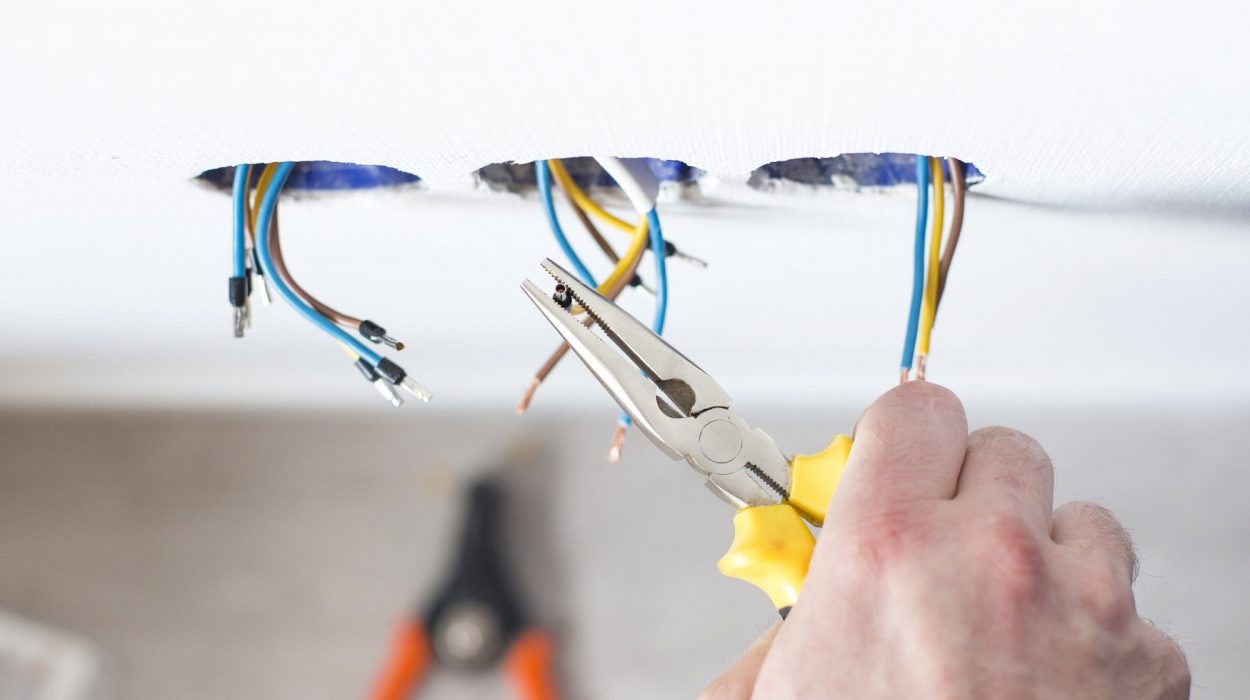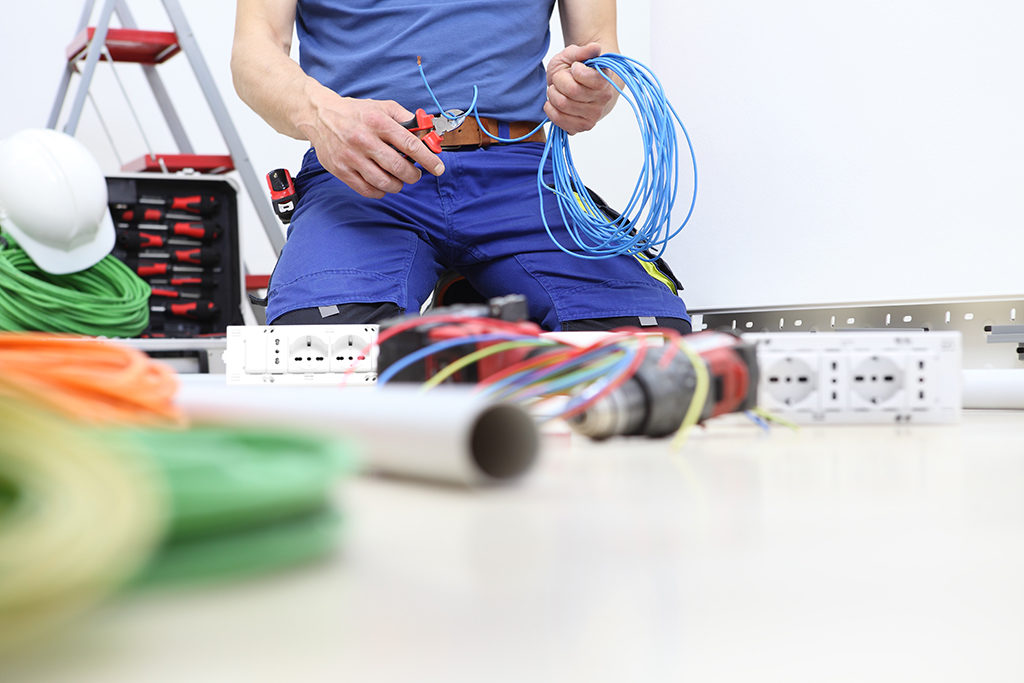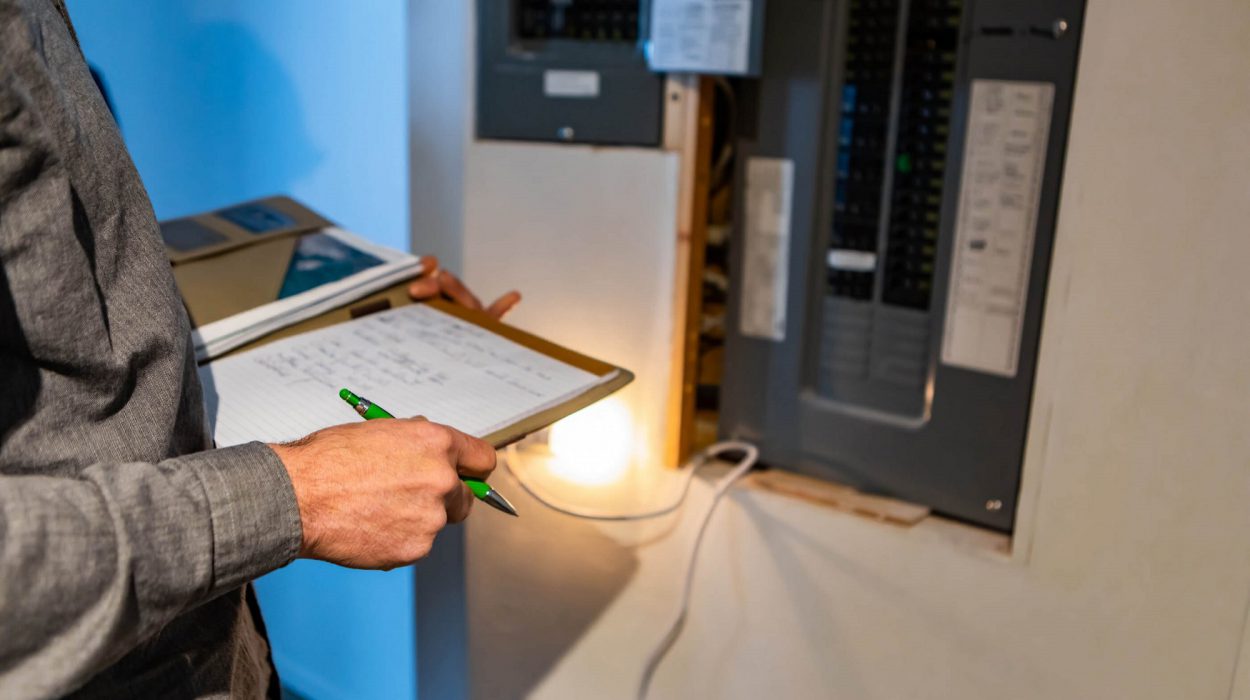

Prompt & Reliable
100% Satisfaction Guaranteed
We have been serving London for over 30 years, we'll use our expertise to help you
Modern domestic electrical installation encompass a wide range of services. With the evolution of the internet, broadband and wireless connectivity there are now so many options on how you might want to control your heating and lighting, whether from inside your home or remotely via a smart phone or tablet and how you may want to view TV or listen to music via streaming over broadband.
Exceptional Service Every Time
Mafaza Electrical Services are up to date with the latest technology and our domestic service range from lighting and power, to solutions for smart homes. We are proficient in all aspects of domestic installations.
Types of Work we do:
Common Questions & Answers
Have you noticed that all or some of your lights have been flickering? In most cases, it can be a faulty light bulb, but in other cases it can mean something more serious—and potentially dangerous.
It’s not uncommon for homeowners to immediately spot an electrical issue. Any good handyman will tell you that they can fix it themselves without a problem. Unfortunately, there is a problem. Handymen are not qualified to handle electrical work. Electricians have to undergo years of extensive training and certification processes to obtain their license.
When you reach to your light switch to turn it off, only to find that it is hot to the touch, you have a problem. This is not a normal phenomenon, and it indicates that there are serious issues hiding behind your walls. If you don’t get help right away, you could end up facing a serious electrical fire
RCD stands for residual current device or is sometimes referred to as a safety switch. Its job is to monitor electrical currents and disconnect the power if a leak is detected. This may be caused if an appliance, wire or switch has a fault.
All circuits within a domestic dwelling must be supplied via an RCD. RCD should be incorporated into the consumer unit of your installation. This means that all circuits fed from that RCD are protected by it. An RCD that is incorporated into an ordinary mains socket, or plugged into it, will protect anything attached to that socket, but it is possible that equipment may be plugged into another, unprotected socket.
RCDs should be regularly tested by pressing the 'test' button and making sure the RCD trips. Faulty or inoperative RCDs should be removed from use.
Operating the RCD test button provides assurance that it is operating correctly. If RCDs are regularly tested by operating the test button, problems can be detected.
A good way of remembering to test your RCD, do it when you change the clocks, that way it will be done twice a year.
Most circuits within a domestic installation now require RCD protection. BS 7671:2018 requires that all luminaires within domestic premises, are to have additional protection by a 30 mA RCD when installed in an AC final circuit. It means that electrical installers have to provide RCD protection for all new lighting circuits, and for existing circuits which are significantly altered in domestic premises.
(LEDs) light-emitting diodes. Even though these lamps can initially cost more bulbs, they use less energy and last longer so will save you money in the long-term.
(CFLs) compact fluorescent lamps, place second to LEDs
BS 7671:2018 states, for consumer units and similar switchgear assemblies in domestic premises, to be manufactured from non-combustible materials or be enclosed in a cabinet constructed from non-combustible materials.
BS 7671:2018 states that protection against transient overvoltage’s shall be provided within single dwellings unless the value of the installation and equipment therein does not justify such protection.
Surge Protective Devices (SPDs) are relatively inexpensive when compared to the cost of an electrical installation and expensive electronic equipment such as PCs and TVs, it is difficult not to justify the installation of SPDs.
Lightning strikes are the most common source of extreme transient overvoltage’s, where total outage of an unprotected system can occur, with significant damage to equipment and cable insulation through flashover, potentially resulting in loss of life or injury due to fire or electric shock.
Switching transients may also occur, for example, due to interruption of short circuit currents, such as a fuse blowing. Whilst this may be of a lower magnitude than a lightning strike, it is likely to happen more frequently.
Services Sub-Menu
Latest Post
Reviews From Customers
Read What our customers are saying about their experiences with our Top Notch Electrical Services in London
150+
4.5/5
Projects
5.00
5/5
Best Electrician
We have used Mafaza Electrical for the last 2 years completing our consumer unit replacements and EICR for our portfolio of rental properties. We have always found them to be very efficient and reliable and reasonably priced.
Altaf
Hartedge Ltd.
We are now regular customers with Mafaza Electrical Services and we've been very satisfied; they have always responded quickly when we have experienced breakdowns and their installation work is always to a very high standard.
Michael
Residential Services
The work was carried out to a high standard and the electrician was professional, courteous and easy to reach on the phone throughout the job. Afterwards the property was cleaned up nicely despite a messy rewiring. Very impressed.
Rita
Queens Gate SW7
Mafaza installed my second Electric Vehicle charger promptly and efficiently and even returned a month later to update part of the protection system as part of the service. The cost was very reasonable. I highly recommend him
Alper
Guildford Road KT22
We now have power and lighting to the garage and outhouse. These guys completed it while doing the main works for the flats power supply, very efficiently and cost effective. I’m really pleased these guys know what they are doing. I will always recommend them.




